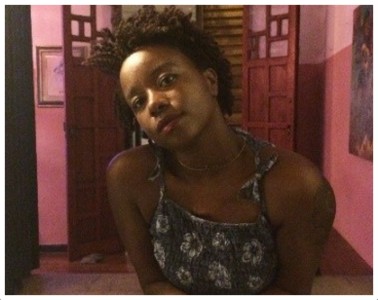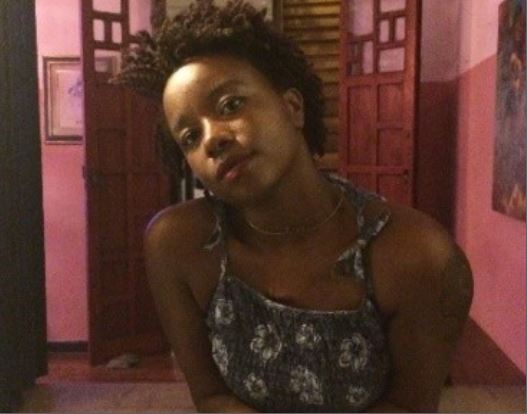[ad_1]
Submitted to the AFRO by Nia Hampton
Calling out abuse in your community isn’t divisive, being abusive toward your community is. I know this because I wanted to “save” my abuser.
My abuser wasn’t a man. She wasn’t an adult. We were both children at the time. My awareness and compassion for her pain made it easy to repress and disregard the very real effect that being sexually abused by her had on me. It affected me so much that I never thought of what I was experiencing as abuse.
At one time, I even said I liked it. I thought it was normal. When someone close to me spoke up about being abused by the same person, I was confused. As much as I hurt for my friend, I feared for the repercussions of my abuser.
I was indifferent. I wasn’t willing to cut ties with my abuser. I was unable to conceive of a way to distance myself from my friend emotionally. I thought my abuser was just misunderstood, and I thought if I loved her enough, one day she would make better decisions and finally get it together. She never did.
It would take a long time for me to see all the effects her abuse had on me. I have very real intimacy issues and fears.

When people are either enraged or indifferent to victims of sexual assault, that speaks to where they are in their own journey. In the same way that Harriet Tubman had to first convince enslaved Africans that they were on enslaved on plantations, Black women have to see all the ways that the men (and women) they love in their own community have harmed them. And then they have to empower themselves enough to do something about it.
#MeTooBaltimore, from what I’ve read in the AFRO’s thoughtful story, is aiming to do just that. As much as we want to call the allegations against Adam Jackson nonsense and COINTELPRO, I think we should be still and listen to what these Black women are claiming. Then let’s process the reality of the world we live in.
Malcolm X told us that the Black woman is the most unprotected being in the world. Knowing this to be true, who can accurately claim that they’ve never disrespected or harmed a Black woman? Black women themselves can’t even make that claim. This country, indeed, the world, is spinning on the backs of Black women.
To the people who claim that this is a “plot” to bring another organization down, like the Black Panther Party, go and read the actual accounts of the women who were involved in the Party. Ask Elaine Brown about the long and complex history of patriarchy and Black radical organizations. This is a sore spot for us all but ignoring a wound does not heal it. Healing it, heals it.
Acknowledging the claims, protecting victims and dealing with the accused appropriately heals it. But victim blaming will only make this already awful situation worse.
Unfortunately, rape culture makes being a rape apologist our default setting, even if we know what it’s like to be a victim. However, you don’t have to die on the hill defending someone who has been accused of being a rapist. You can change your mind. We want so badly for Black men that we love to be whole and safe and healthy and sometimes they ain’t and that’s okay.
That doesn’t mean they’ll never be healthy, but coddling them, not holding them accountable for their alleged actions, won’t help them heal sooner. I say this with love, because once upon a time I was a rape apologist. But I had good reason: my abuser was a child. We both were. And every time she touched me she would go on to explain all the ways that she had been messed up by her step-father. I had pity and empathy for her. But I was also a child so I had no sense of boundaries, and although I knew it was wrong I did nothing.
So when we call you rape apologist, understand the severity of the role you are auditioning for. You are contributing to the culture that created the problem in the first place. Change is scary. We are an already traumatized community and we think silently wishing away the ugly in our beloved ones works. It never does and it never will.
These claims that we are all so surprised about, are actually quite plausible in a society built on misogyny and racism. But we, as women, could actually finally end this cycle if we just trusted each other. This is bigger than one man. This is about a shift in our culture. Remember when you finally told someone about what happened to you and they either blamed you or did nothing? You are perpetuating that cycle right now. But you can change, and we can all get free.
Nia Hampton is a writer and filmmaker from West Baltimore.
The opinions on this page are those of the writers and not necessarily those of the AFRO.
Send letters to The Afro-American • 1531 S. Edgewood St. Baltimore, MD 21227 or fax to 1-877-570-9297 or e-mail to [email protected]
[ad_2]
Source link

